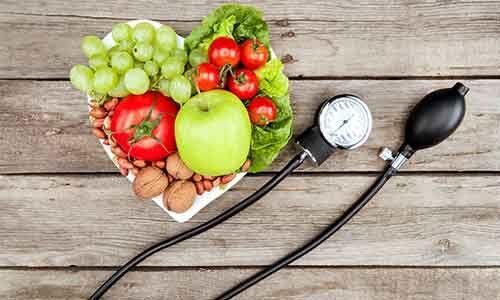Quercetin and Blood Pressure
A new paper in Nutrition Reviews finds that intake of the flavonoid quercetin can greatly reduce high blood pressure in patients suffering from cardiovascular disease.
Researchers here consulted multiple studies that assessed the impact of quercetin on blood pressure and glucose levels. Quercetin is a plant pigment commonly found in many plants and foods, such as onions, teas, apples, and red wine. Each study utilized here assessed blood glucose, total cholesterol, and/or insulin. 17 studies with a total of 886 participants were included.
The pooled result from 13 treatment arms throughout the studies consulted showed that quercetin administration markedly reduced systolic blood pressure.
Pooled results showed that quercetin significantly lowered both systolic BP (WMD, −3.09 mmHg) and diastolic BP (WMD, −2.86 mmHg). Neither lipid profiles nor glucose concentrations changed significantly.
Read Also: Controlling high BP in Indians: ICMR, WHO, MoHFW together to expand India Hypertension Control Initiative in 100 districts
Participants who consumed quercetin for eight weeks or more showed significantly changed levels of high-density lipoprotein cholesterol. Quercetin did not markedly influence total cholesterol or significantly alter fasting blood glucose concentrations. Quercetin was not found to cause serious adverse events in any of the included studies.
The review concluded that a reduction in blood pressure of more than 10 mmHg lowers cardiovascular risk by 50% for heart failure, 35% - 40% for stroke, and approximately 20% to 25% for myocardial infarction. Researchers here found that the favorable effects of quercetin on blood pressure support the use of quercetin for patients with hypertension.
Read Also: Menopause can turn good cholesterol into bad
For more details click on the link: http://dx.doi.org/10.1093/nutrit/nuz071



0 Comments
Post a comment
No comments yet. Be the first to comment!